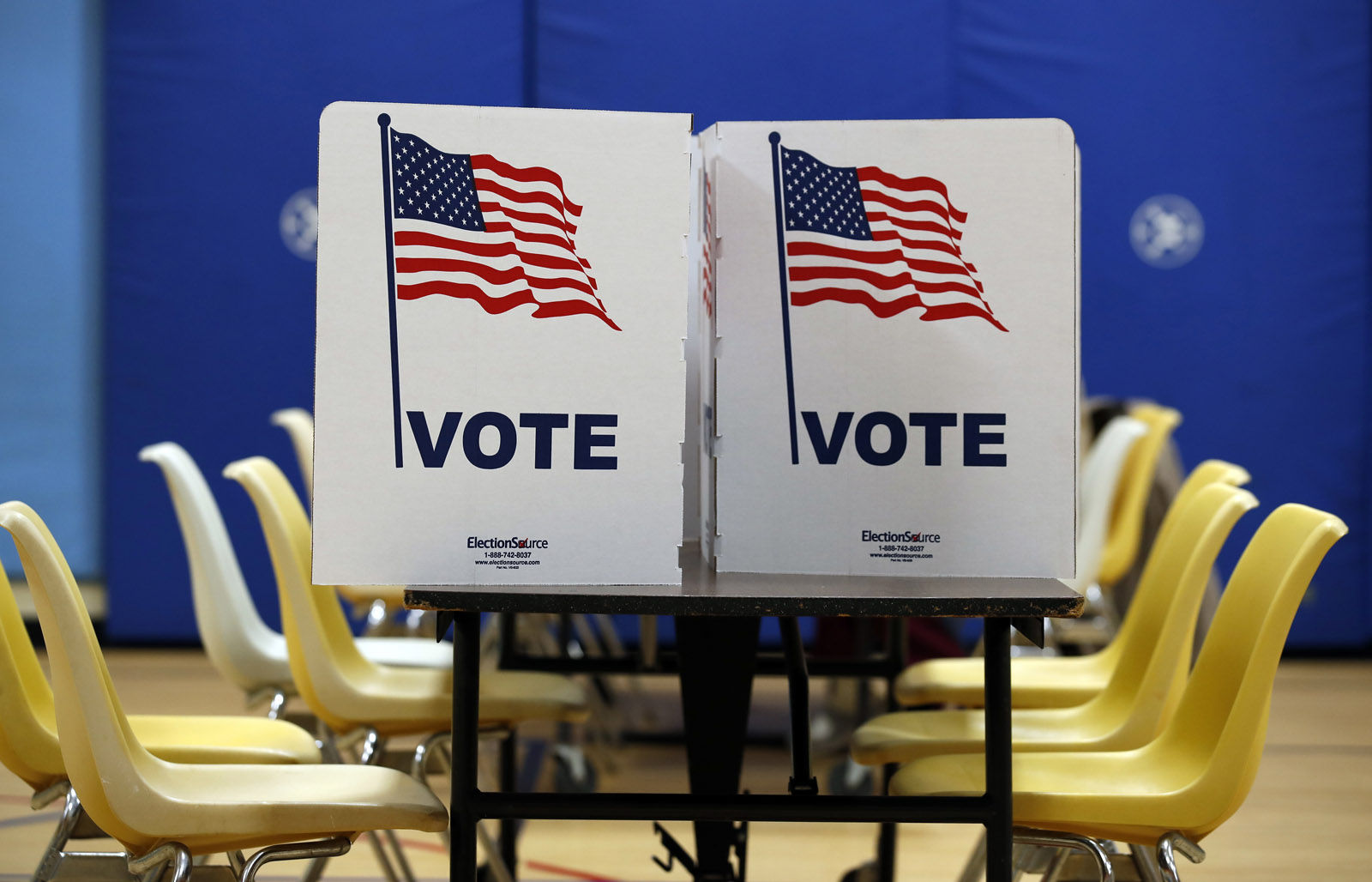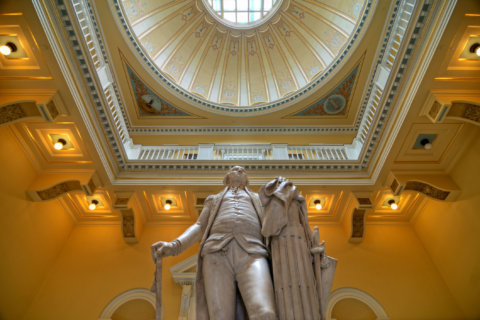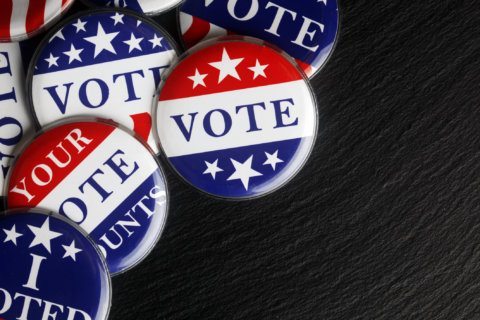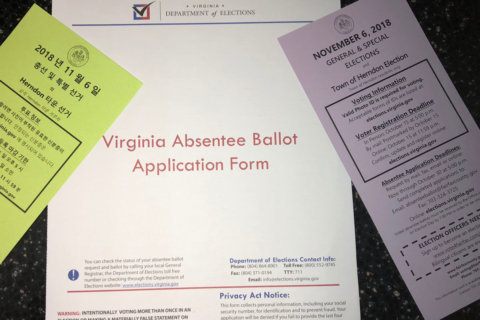
Virginia elections officials are taking new cybersecurity steps as part of new voting-equipment policies ahead of the 2020 presidential election. More significant security measures are planned starting in 2021.
Under new plans for voting systems and electronic poll books that are set to be adopted by the State Board of Elections next week, the companies that make voting machines and the check-in systems used by local elections officials in the state will update all existing software to at least meet 2015 standards.
“In order to ensure equipment security during the 2020 November Presidential election, the Department has worked with the election vendor community to develop an implementation plan to upgrade localities to standardized versions of equipment,” said briefing documents for the board.
The transition plan is meant to keep costs and a last-minute rush by localities to a minimum. The Democratic presidential primary is March 3. There are town elections in May, followed by the congressional primaries in June and the general election in November.
“This plan will help localities through their transition to upgrade their equipment to comply with the proposed equipment standards that include additional security enhancements, while still protecting the integrity of our elections throughout the 2020 cycle,” the documents said.
The vote Tuesday will amend initial standards adopted in September after changes to reflect current technology capabilities and concerns.
There are a number of new, specific security requirements and specific demands for quick disclosure of any planned software upgrades, software that will no longer be supported, or any incidents of everything from hacking to even apparently minimal anomalies.
The change makes clear that not just security-related problems need to be reported to the state, but any problems that arise so that there can be a quick response.
Poll books will be allowed to have limited cloud connections as Virginia implements more widespread early voting for the first time this fall. The connections are needed to ensure that voting history is recorded in real time so that no one is allowed to vote twice.
Use of the electronic check-in devices has risen nearly 50% since 2016 in Virginia, according to the Department of Elections. They are also used in 40 other states and D.C.
By the 2021 general election for governor, each company that makes the systems will have to have the same software and firmware versions on all of its devices being used across the state.
The poll books would not be allowed to contain voters’ Social Security numbers, birth dates or driver’s license customer information.
New systems must meet specific encryption and other security standards, track additional data on the types of ballots being cast, and provide elections workers with an easy-to-use interface that includes low-battery warnings and a way to keep the election going if some systems crash.
The state would also hold onto all schematics and system information.
New policies will specifically require regular software patches and additional information on the ownership of companies that make the equipment so that the state can assess who is actually behind the devices and whether support will be available long-term.
Recount changes
The State Board of Elections is also trying to simplify recount rules after a number of recent tight races.
“The current instructions are detailed to the point of being confusing,” the documents said.
Updates make it easier for people hand-counting ballots to keep track of the correct numbers, remove convoluted language, and provide simplified forms that can be tweaked in the event more than two candidates are involved in the race.
Election law changes possible this summer
The General Assembly is advancing a number of election-related bills.
A House committee voted Friday in favor of bills that would allow all Virginia voters to cast absentee ballots with no reason required and to push Virginia’s June primaries back a week to occur after school is over.
A bill that would require absentee ballots come with postage paid will get further consideration in a different committee due to the potential cost, which could add up to $60,000 for Fairfax County alone.







